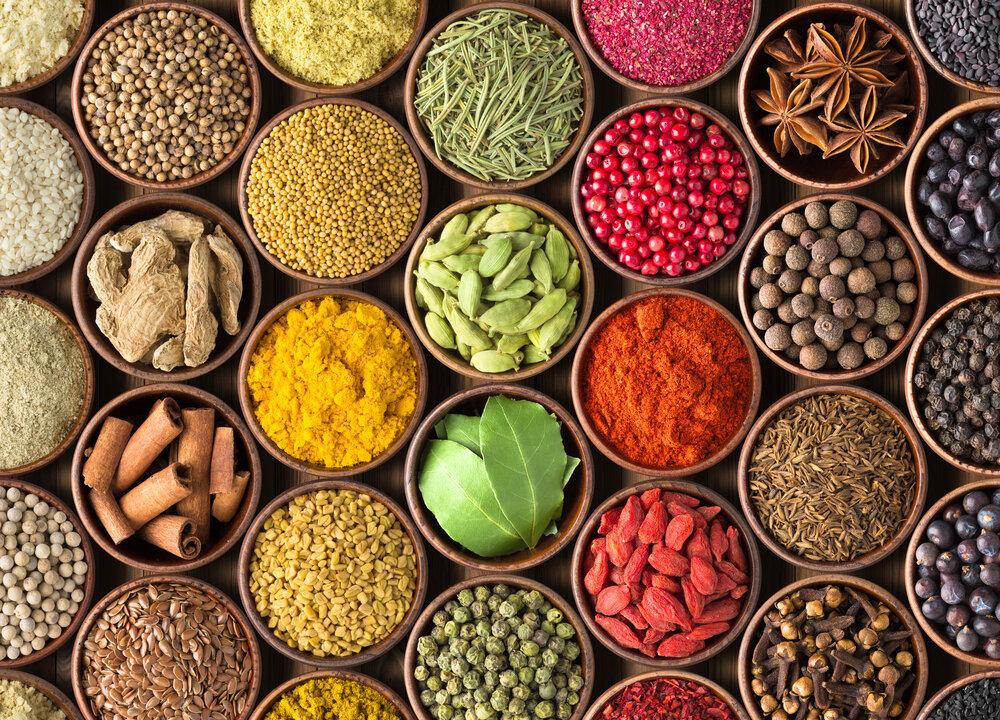An Australian study of 12 different brands of popular dried herbs and spices stocked on supermarket shelves revealed that all samples had traces of heavy metals, including lead, arsenic, antimony, cadmium, and mercury.
A 2021 U.S. consumer data advocate’s analysis of 126 herbs and spices discovered that roughly one-third of the tested products had significant levels of toxic heavy metals.





